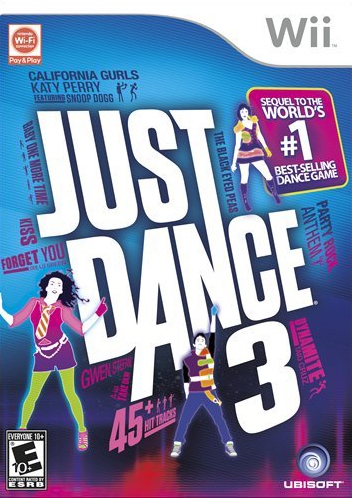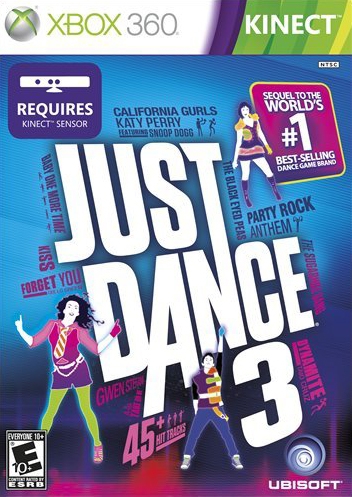curl-6 said:
Soundwave said:
Yeah but marginally so unless you're saying Nintendo should have released like a new Mario Kart game for the Wii in 2011/2012.
You did get that game, it's called Mario Kart 8 Deluxe ... it just was on Wii U instead of Wii. And it's better for the gamer that it was on Wii U instead of Wii regardless of whether you liked the design choices of the Wii U hardware. The better Wii U hardware meant that game you got was better.
People need to stop looking at things like they're "robbed" of games ... no you do get the games, maybe they spill over onto the next console instead, but that's not a "loss" for you as a player, odds are that means you end up with the better game in the end.
Like Nintendo easily could have delayed the Super Nintendo into 1992 say and put Super Mario Bros. 4 (Mario World) and Zelda III on the NES instead too. And yes they would have sold a lot of copies. But those games sold a lot of copies on the SNES too. But if they had done that it would've led to a host of market problems, like the Genesis would've been a lot harder to hold off, in fact I would say probably the Genesis flat out beats the Super NES with that generous of an open window. And as a gamer, those games wouldn't have been as good flat out, because of the lesser hardware, the experience would have been worse.
For Nintendo especially, I think devoting heavy resources to a platform late in the product cycle is dangerous because it can mean the next system does not have adequate software help. Even the Switch, where would they have been without being able to lean heavy on Wii U projects like BOTW and Splatoon and Mario Kart 8. Wii U bombing helped the Switch tremendously because it got access to basically 3 "free" killer apps that not many people had played in the first 6 months. That can completely change a platform's fortunes.
|
You're framing in too binary a fashion. Late gen support and strong early support for the next system are not mutually exclusive; a well managed company can do both.
|
Most companies can't actually. Especially Nintendo, people forget that they're not actually a very large company, for a video game company actually they're fairly small in staff and that is on purpose because it fosters the type of culture/control that Nintendo likes.
But balancing late gen support with having great early gen support is always going to be hard for Nintendo.
Even with Switch ... take away BOTW, Mario Kart 8, and Splatoon 2 in the first 8 months which is the result of cannibalizing basically a failed console (a situation you can't really rely on repeating nor would you really want to) ... the system probably would not even be able to launch until November 2017 in that case and the launch likely wouldn't have been anywhere near as successful.
People think this stuff is easy but it's really not. In Nintendo's case they should always err on the side of caution FOR the console to come (not the aging console that is) after having been burned multiple times by early product cycle nightmares.
I could understand if consumers had some kind of brand loyalty in the sense of sticking with a company like a friend during rough times, but really consumers don't give a shit. They're more like kids in junior high that will freeze out/alienate a kid that's no longer cool enough at the drop of a hat.
I mean Nintendo gave fans everything they had with the DS, years of support, and what they had a few soft months with the 3DS and all of the sudden inside of a year their entire handheld gaming division is in big trouble and needing a giant ass bailout. You cannot count of loyalty for what you've done in the past, even if the "past" is as recent as 12 months ago. Even Sony's ass was not immune, during late 2006/early 2007 they were suddenly the black sheep of the industry after completely dominating it for like 11 straight years and had to basically prove themselves again from scratch, lol. No one cares what you did last generation the second the next product cycle starts, that's all you're judged on. You get no bounce, no favors, no coddling for past work.
And you can't stay in the comfort zone of the previous generation forever either, there's no loyalty there either, people lose interest and go to the competition. Harsh business but that's how it goes.




















































